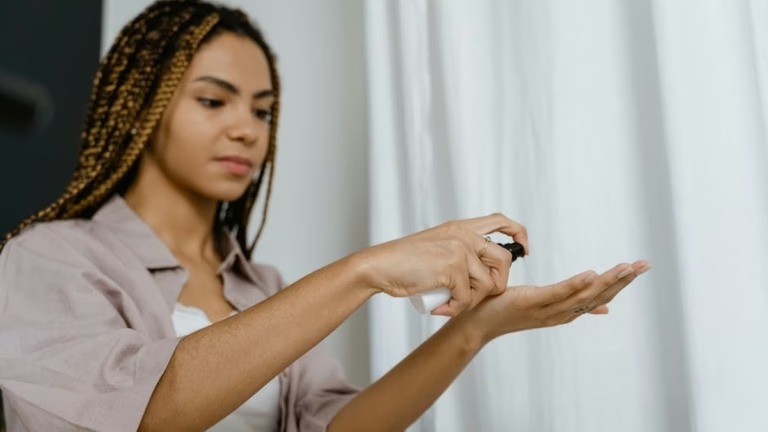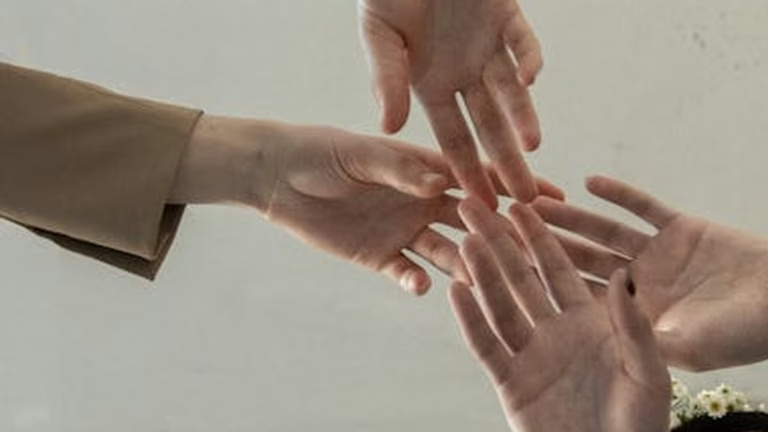The Importance of Blue Light Filters: Protecting Your Eyes and Sleep in a Digital World
In today’s hyper-connected world, we’re constantly surrounded by screens. From smartphones and tablets to laptops and televisions, digital devices have become an integral part of our daily lives. While these technologies offer countless benefits, they also emit blue light, which can have significant effects on our health, particularly our eyes and sleep patterns. This is where blue light filters come in.
What is Blue Light?
Blue light is a high-energy visible (HEV) light that’s emitted by the sun and digital devices. While natural blue light from the sun helps regulate our circadian rhythm (our internal body clock), excessive exposure to blue light from screens, especially in the evening, can disrupt this natural process.
Sources of Blue Light
- Sunlight: The primary source of blue light.
- Digital Screens: Smartphones, tablets, computers, and televisions.
- LED Lighting: Many modern light bulbs also emit blue light.
The Negative Effects of Blue Light
Exposure to blue light, especially artificial blue light from screens, can lead to several negative consequences:
Eye Strain and Fatigue
Spending long hours staring at screens can cause digital eye strain, also known as computer vision syndrome. Symptoms include:
- Dry eyes
- Blurred vision
- Headaches
- Neck and shoulder pain
Blue light contributes to eye strain because it scatters more easily than other visible light, making it harder for the eye to focus. This constant effort to focus can lead to eye fatigue and discomfort.
Sleep Disruption
Blue light suppresses the production of melatonin, a hormone that regulates sleep. When melatonin production is inhibited, it becomes harder to fall asleep and stay asleep, leading to insomnia and other sleep disorders. This disruption can have a cascading effect on your overall health, affecting mood, cognitive function, and even your immune system.
Potential Long-Term Vision Problems
Some research suggests that prolonged exposure to blue light may contribute to age-related macular degeneration (AMD), a leading cause of vision loss. While more research is needed, protecting your eyes from excessive blue light exposure is a proactive step towards maintaining long-term eye health.
How Blue Light Filters Can Help
Blue light filters are designed to reduce the amount of blue light that reaches your eyes. They come in various forms, including:
Screen Protectors
These are physical filters that you can apply directly to your device screens. They often come in the form of films or tempered glass and can be easily installed. They are a cost-effective way to reduce blue light exposure from your devices.
Software Filters
Many devices have built-in blue light filters that you can activate in the settings. These filters typically work by adjusting the color temperature of your screen, making it warmer and reducing the amount of blue light emitted. Examples include Night Shift on Apple devices and Blue Light Filter on Android devices. There are also third-party apps like f.lux that offer similar functionality.
Blue Light Blocking Glasses
These glasses have lenses that are specifically designed to filter out blue light. They are particularly useful for people who spend long hours in front of screens. You can find them with or without prescription lenses.
Practical Tips for Reducing Blue Light Exposure
In addition to using blue light filters, there are other steps you can take to minimize your exposure to blue light:
- Limit Screen Time: Reduce the amount of time you spend using digital devices, especially in the evening.
- Take Breaks: Follow the 20-20-20 rule: every 20 minutes, look at something 20 feet away for 20 seconds.
- Adjust Screen Brightness: Lower the brightness of your screens to a comfortable level.
- Use Night Mode: Many devices have a night mode that automatically adjusts the screen’s color temperature in the evening.
- Optimize Lighting: Use warm-toned light bulbs in your home, especially in the evening.
Choosing the Right Blue Light Filter
When selecting a blue light filter, consider the following factors:
- Effectiveness: Look for filters that block a significant amount of blue light.
- Clarity: Choose filters that don’t significantly distort the color or clarity of your screen.
- Comfort: Opt for glasses or screen protectors that are comfortable to wear or use.
- Reviews: Read reviews from other users to get an idea of the filter’s performance and quality.
Prioritizing your eye health and sleep quality in our digital age is crucial. By understanding the effects of blue light and implementing strategies to reduce your exposure, including the use of blue light filters, you can protect your eyes, improve your sleep, and enhance your overall well-being. Don’t wait until you experience negative symptoms; take proactive steps today to safeguard your health.






